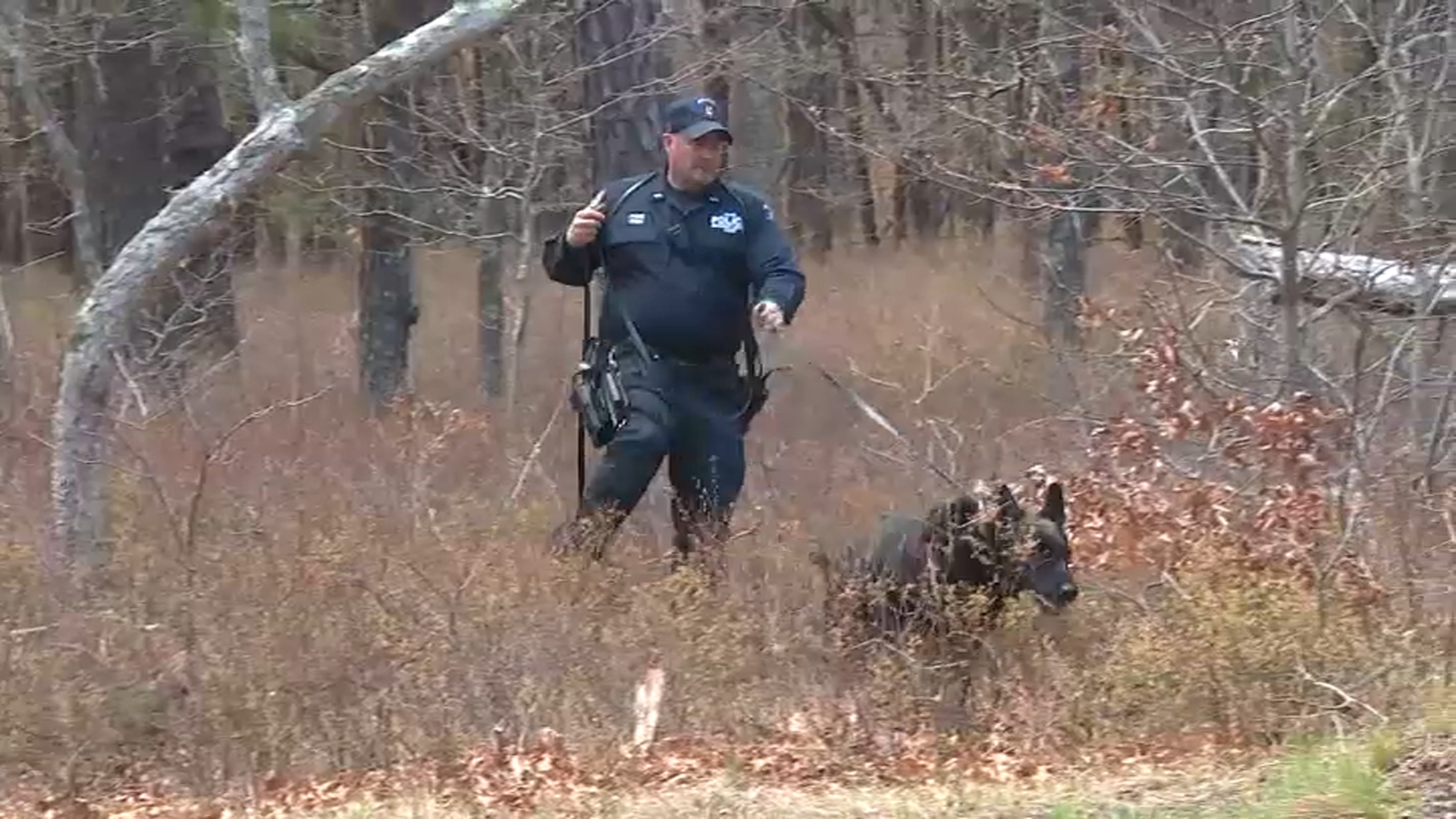Nestled in New York’s financial district, an Asian fusion steakhouse is bouncing back from the coronavirus slump by dishing its very own 40-step reopening plan.
Entering this New York City restaurant that’s reopened during the coronavirus pandemic takes on new heights when it comes to safety. Beyond only requiring a face mask, restaurant goers step through a thermo-scanner and UVC sanitation light.
Like many restaurants struggling in the midst Covid-19, Brooklyn Chop House is finding ways to stay afloat among many unknowns. With guidance from the government and the Center for Disease Control, the team devised the reopening plan, including several unorthodox techniques.
Stratis Morfogen, the director of operations at Brooklyn Chop House, said the restaurant is using chemical strips to make sure every surface is sanitized. When the strips turn a dark brown color, that means it’s time to re-apply disinfectant. Another creative addition is the thermo-body scanner, located at the entrance of the restaurant. It looks like a standing metal detector, but it checks your body temperature.

Get Tri-state area news and weather forecasts to your inbox. Sign up for NBC New York newsletters.
“If you’re over 99.7 degrees, you won’t be allowed in the restaurant,” said Morfogen, who is also a co-owner of the restaurant, said in a recent Skype interview with NBC New York.
These added precautions take on a personal meaning for Morfogen.
“I’ve seen this thing firsthand with my own daughter, he said. "During one of our deliveries, I actually saw body bags at Elmhurst Hospital. I didn’t think those were bodies and they were, and my staff had a really hard time with that."
Local
Through New York’s Open Streets Program, restaurants can apply for outdoor dining space. As the timeline for indoor dining remains a mystery, Brooklyn Chop House took advantage of this opportunity by building a risen deck – which greatly restored the business.
“The city gave us four parking spaces. So now we’re up actually 60 to 70 percent from last summer, and I never thought I could say that in 2020,” he said.

Although making ends meet, Morfogen says navigating through the state’s reopening plan has not been an easy feat. When the rollback on indoor dining was announced, the Brooklyn Chop House had already been preparing for weeks, such as rehiring staff and stocking shelves.
“Opening a restaurant is not a light switch. We were preparing for 2 weeks, and guess what? They shut it down 4 days before,” the director said.
He went on to describe his disappointment in the way the state and city handled the restaurant reopening.
"Politicians have no clue what it's like being a small business owner," he said. "They should have small business owners on the reopening committee - the ones that can't pay their mortgage tomorrow, but politicians don't think like that. They go for the easy answer."

But despite hurdles beyond the virus, this restaurant forged ahead with an innovative spin serving fresh dumplings at a new venture, the Brooklyn Dumpling Shop. Launching this September, it’s a quick-service restaurant bringing back the use of automats.
“It’s completely Zero Human Interaction (ZHI). You’re only communicating with your designated locker and not my staff,” said Morfogen.
The design is made for on-the-go online orders. Once the order is ready, the customer will receive a barcode to scan and open the numbered locker containing the food.
Depending on order, the lockers will be heated or chilled at a designed temperature to keep the meal fresh. To ensure cleanliness, each locker is equipped with a U.V. light to sanitize the containers.
With the pandemic in mind, Morfogen believes this could lead to the future of the hospitality industry.
“Looking back to the business model created for this last year, compared to what we have now, it’s like the Model T. to the Tesla. It’s so technically savvy and right for the times,” he said.
Nearly 7.5 million small businesses are at risk of closing permanently amid the COVID-19 pandemic, according to a survey from Main Stream America. Economists estimate that more than 100,000 small businesses have already closed due to the pandemic, according to the National Bureau of Economic Research.
COVID-19 has impacted every facet of our lives. For small business owners, those impacts are even greater.
To better tell those stories, we decided to launch a series about how small businesses are faring throughout the coronavirus. But a raging pandemic presents some obstacles for traditional journalism. Business restrictions, reduced hours of operation, and social distancing guidelines have changed how journalists tell their stories.
So we flipped the script.
We identified six small businesses across America and supplied them with a camera. In REBOUND, these businesses take you behind the scenes during COVID-19, to show you just how much things have changed throughout the pandemic.
REBOUND tells the stories of these small businesses and how they are bouncing back from an unforeseen pandemic.



